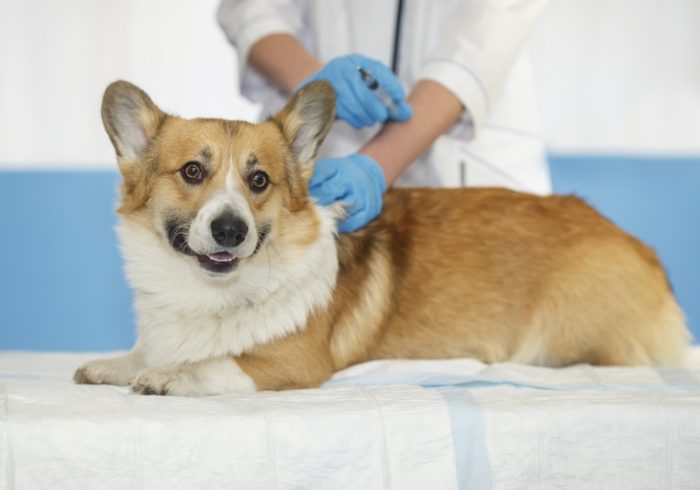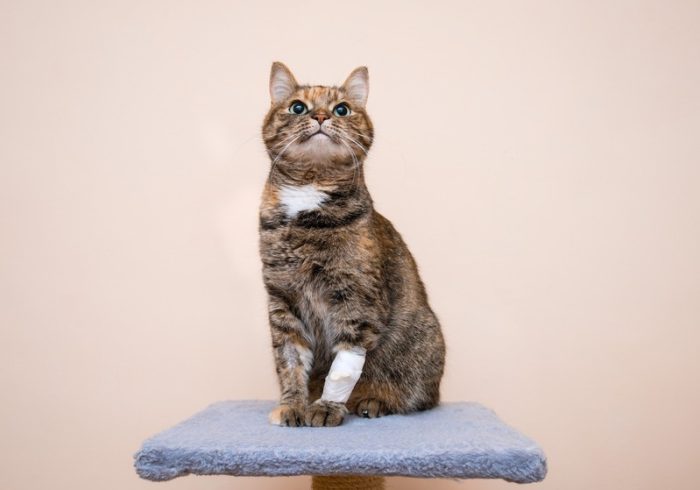Congratulations on your new furry family member. Whether you’ve just welcomed a bouncing puppy or a curious kitten, you’re in for a whirlwind of fun, love, and companionship. However, alongside all the joy, there’s a crucial responsibility on your shoulders — ensuring their health and well-being. One of the fundamental steps in taking care of your new pet is getting them vaccinated. This article discusses why vaccinations are essential for your furry friends.
Why Are Vaccinations Important?
Before we head into the specifics, let’s clarify what vaccinations are. Vaccines are biological preparations that provide immunity to specific infectious diseases. They typically contain weakened or killed forms of the disease-causing microorganism, its toxins, or one of its surface proteins. When administered, these vaccines stimulate the immune system to recognize and fight the microorganism without causing the disease itself.
1. Preventing Serious Illness
Your puppy or kitten is vulnerable to a variety of illnesses. Many of these diseases can be severe, causing significant health problems or even death. Vaccinations provide critical protection against these threats. Here are a few diseases that vaccinations can help prevent:
-
Canine Distemper: A highly contagious viral disease that affects the respiratory, gastrointestinal, and nervous systems of dogs.
-
Parvovirus: A highly contagious and often deadly virus affecting dogs, especially puppies.
-
Rabies: A fatal viral disease that can infect all mammals, including humans.
-
Feline Leukemia Virus (FeLV): This virus weakens a cat’s immune system and can lead to various cancers.
-
Feline Panleukopenia: A highly contagious and often fatal disease in cats.
2. Boosting Immunity in Early Life
When puppies and kittens are born, they initially rely on antibodies from their mother’s milk to help protect against diseases. However, this maternal immunity fades within a few weeks. Vaccinations are necessary to fill that gap and ensure your pet develops its own strong immune system.
3. Public Health Concerns
Vaccinating your pet protects them, as well as other animals and even humans. For instance, rabies is a zoonotic disease, meaning it can be transferred from animals to humans. By vaccinating your pets, you’re contributing to the overall health and safety of your community.
Why Early Vaccinations Matter
Starting vaccinations at an early age is crucial. Puppies and kittens’ immune systems are still developing, making them more susceptible to disease. Early vaccinations help build their immunity when they need it most.
Common Vaccinations for Puppies and Kittens
Core Vaccinations
These are vaccines that are considered essential for all dogs and cats due to the severity and widespread risk of the diseases they prevent. Some of these include:
-
For Puppies: Distemper, Parvovirus, Adenovirus (Hepatitis), and Rabies.
-
For Kittens: Feline Herpesvirus, Calicivirus, Panleukopenia (FVRCP), and Rabies.
Non-Core Vaccinations
These vaccines are recommended based on the pet’s lifestyle and risk factors. Some examples include:
-
Bordetella: Often given to dogs that are frequently boarded or go to groomers.
-
Leptospirosis: Suggested for dogs that are exposed to standing water or wildlife.
-
Feline Leukemia Virus: Recommended for cats that go outside or are in contact with other cats.
What to Expect During Vaccination Appointments
Your veterinarian will develop a vaccination schedule tailored to your puppy or kitten’s specific needs. The process typically involves a series of shots spread out over several weeks or months. Here’s what to expect:
-
Initial Consultation: Your vet will conduct a comprehensive exam to assess your pet’s overall health.
-
First Vaccination: The initial series of shots will begin, targeting the most critical diseases such as distemper and parvovirus for dogs or FVRCP for cats.
-
Booster Shots: Follow-up appointments will ensure your pet receives additional doses to build strong immunity.
-
Ongoing Care: Annual check-ups will help maintain immunity and catch any potential health issues early.
Finding the Right Veterinarian
Choosing a veterinarian you trust is just as important as the vaccinations themselves. You’ll want someone who provides comprehensive vaccinations and can guide you through the entire process. Look for reviews and ask for recommendations to ensure you’re choosing the right professional for your furry friend.
Additional Services to Consider
Some veterinary clinics provide additional services like puppy health consultations in Santa Barbara. These can be incredibly valuable for new pet owners, offering you the chance to ask questions and get personalized advice on your pet’s diet, training, and overall health.
Debunking Myths
There’s a lot of misinformation about pet vaccinations. Here are a few myths debunked:
1. Vaccinations Cause Autism
This myth stems from discredited claims in human medicine. There is no evidence suggesting that vaccinations cause autism in pets or humans. Vaccines are thoroughly tested for safety and efficacy.
2. Indoor Pets Don’t Need Vaccinations
Even if your pets never go outside, they can still be exposed to diseases through the air, on your clothes, or via new animals brought into the home. Vaccinations are necessary for all pets, regardless of their lifestyle.
The Cost of Vaccinations
The cost of comprehensive pet vaccinations can vary based on your location and the veterinarian you choose. While it might seem like a significant upfront expense, consider it an investment in your pet’s long-term health. Preventative care is always more cost-effective than treating a serious illness.
Keeping Up with Vaccination Schedules
Staying on top of your pet’s vaccination schedule is crucial. Your vet will provide a timeline for when each shot is due. Missing vaccinations can leave your pet vulnerable to diseases. Consider setting reminders or marking your calendar to help you stay organized.
When searching for a clinic, look for recommendations for a top-rated pet hospital in Santa Barbara if you’re in the area. Quality care ensures your pet gets the best possible protection against disease.
Final Thoughts
Your new puppy or kitten relies on you for everything, including their health. By getting them vaccinated, you’re taking a crucial step in ensuring they live a long, happy, and healthy life. From understanding the importance of vaccinations to finding the right vet and keeping track of their schedule, you’re well on your way to being a responsible and loving pet owner. Remember, a healthy pet is a happy pet, and vaccinations are a vital part of that equation.




